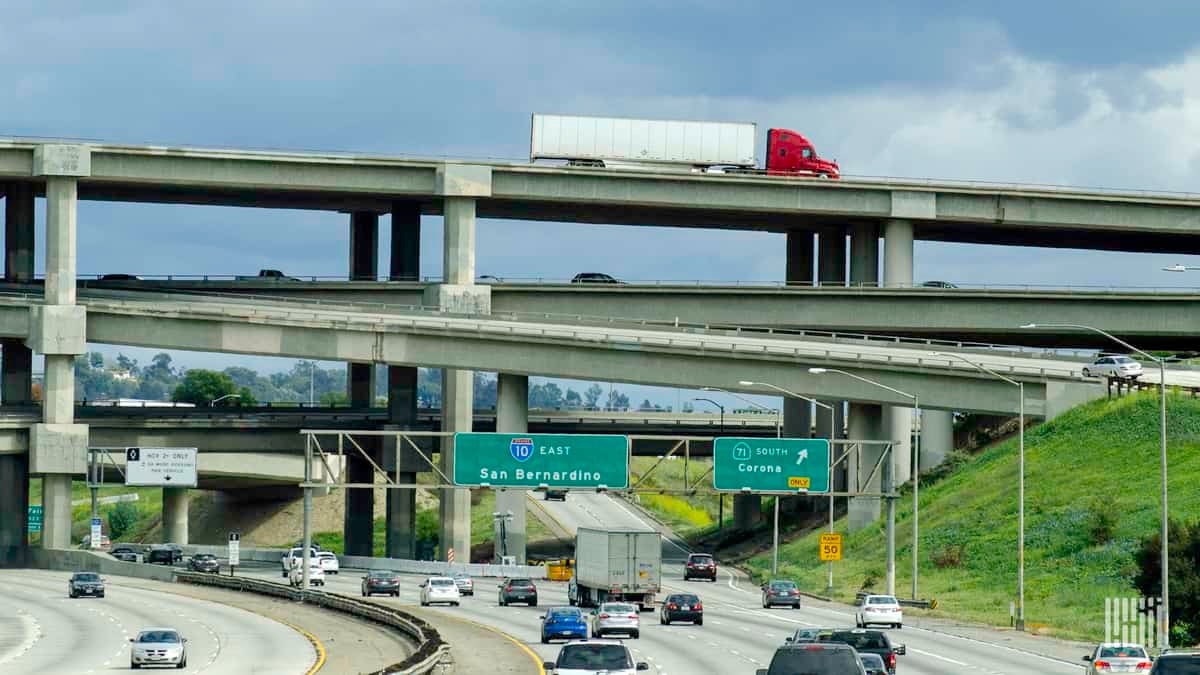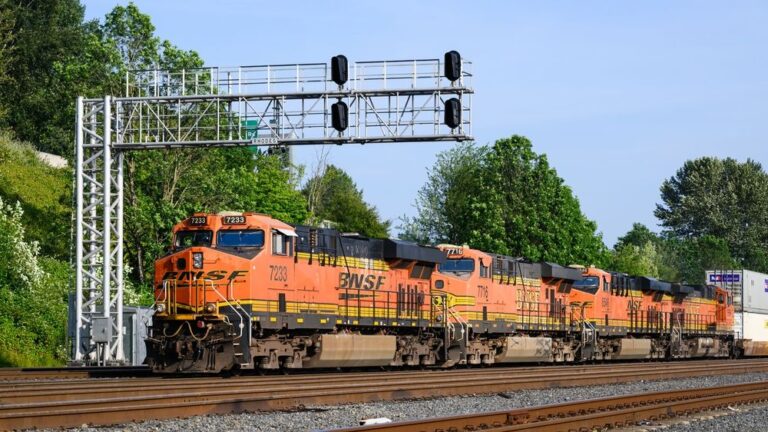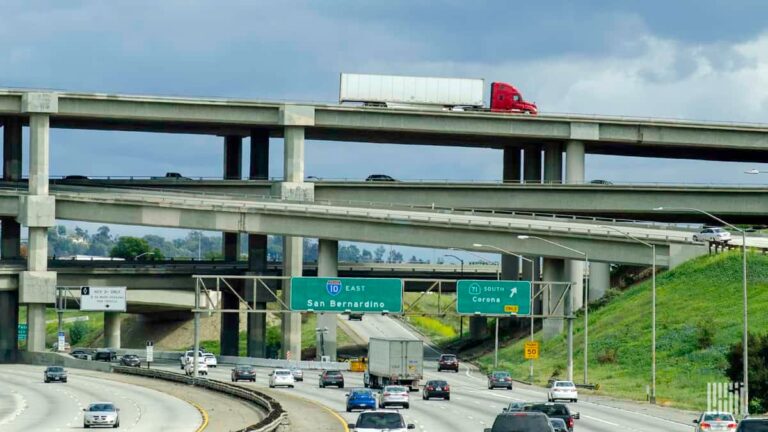
A preliminary injunction barring the California Air Resources Board (CARB) from enforcing the Clean Truck Partnership (CTP) against OEMs was issued Friday by a federal judge in that state.
After rejecting several of the OEMs’ arguments for the injunction in her decision, Judge Dena Coggins of the U.S. District Court for the Eastern District of California said it was a lawsuit filed last week by CARB in a state court seeking the OEM’s compliance with the CTP that prompted the court to uphold the ban.
The CTP was an agreement signed by CARB and a group of OEMs in 2023 that included two key components. First, CARB loosens certain regulations on heavy-duty trucks, particularly the Omnibus Nitrogen Oxide (NOx) Act, which set California’s NOx emissions standard earlier and more stringently than California required.
Second, by signing the agreement, the OEMs agreed not to challenge in court several California laws that affected them, including the NOx Act and the Advanced Clean Truck (ACT) Act, which set various goals and requirements aimed at moving toward zero-emission heavy-duty vehicle fleets over the next approximately 20 years.
The CTP contract assumed that ACT would exist. But Congress earlier this year, based on a petition from the Environmental Protection Agency (EPA), withdrew waivers that allowed California’s ACT to implement NOx and other transportation-related exemptions. California is challenging the legality of the measure.
“impossible situation”
The complaint by OEMs to prevent the implementation of CTP was filed in August due to the unsettled state of the ACT. One of the OEMs’ main arguments is that they are in an “impossible situation,” with the CTP-backed ACT requiring manufacturers to sell an increasing percentage of ZEVs into the California market that, if the ACT waiver is upheld, no fleets would be required to buy those vehicles.
But legally, CARB took its most definitive step in opposing the OEM’s challenge last week in the Superior Court for Alameda County, California, which alleged that the OEM’s opposition to the CTP constituted a breach of the “acceptable, valid and enforceable” contract from July 2023.
This action was key to the court’s decision to grant an injunction to block the implementation of the CTP in California. Judge Coggins rejected several other grounds requested by the OEM plaintiffs in their injunctive relief effort. But the existence of California’s counterclaim in state court was heavy.
Citing the state’s argument that the OEMs “suffered no harm” from continuing to comply with the CTP, Judge Coggins said it might be true before the lawsuit was filed. But that was no longer the case.
The decision notes that CARB said in August, in a so-called Manufacturers Advisory (MAC) letter, that while the future of the ACT works its way through the courts, OEMs could be licensed to sell cars in California as long as they comply with stricter federal rules. If they didn’t comply with California’s final rules, they would face retroactive penalties after all lawsuits are settled.
A new suit changes everything
But the court argued that the lawsuit changed the battlefield because it sought “a court order requiring OEM plaintiffs to comply with CARB’s standards, regardless of whether those standards were ever the subject of a preemption waiver.” The exemption in question is an exemption granted by the ACT because it preempts federal jurisdiction by allowing a state environmental law to exceed federal standards.
“CARB’s assignment of this complaint is clearly an attempt to enforce the preemptive standards, at least in part, because the 2036 model year zero emissions requirement was included in the Clean Truck Partnership, but CARB never obtained a preemption waiver for that requirement,” Judge Coggins wrote. Thus, the plaintiffs (OEMs) have at least shown that there are serious questions in the substance of their claim that CTP is preempted and that there is serious and irreparable harm due to CARB’s efforts to enforce it through its recent complaint.
Because of the complaint and the court’s conclusion that CARB is attempting to use it as an enforcement mechanism, “the harms identified by the OEM plaintiffs are no longer speculative.”
The plaintiffs in the case are Daimler Trucks North America, International Motors, PACCAR Inc (NASDAQ: PCAR ) and Volvo Group North America.
With Judge Coggins rejecting most of the OEMs’ arguments in favor of an injunction, prevailing on only one (though one is all that was required), a group of organizations led by the Sierra Club put a somewhat positive spin on the outcome.
In a prepared statement, the groups said they “welcomed the court’s rejection of the truck maker’s claims, while warning of a temporary suspension (of) the Clean Truck partnership.”
The full motion by the OEMs asked the court to block many of the California regulations through an injunction. One of them is the Advanced Advanced Fleet Act, which has largely been phased out and now probably only affects government vehicles. But this request was rejected.
In the statement, Craig Segal, CARB’s former executive vice director and assistant chief counsel who has been a leading voice for the coalition of groups, said the lawsuit was a “sideshow.”
“The real scandal here is that truck makers are going to court instead of competing on price for clean trucks — even as companies globally are getting ready to eat their lunch,” Segal said.
And despite the ruling, he described Judge Duggins’ ruling as a “victory” that “only advertises their longstanding business mistakes.”
An email to the Engine Builders Association — which has been largely silent on the issue publicly — and CARB had not been responded to by the time of publication.
More articles by John Kingston
DAT executives discuss how the transportation sector is reshaping at two forums
NMFTA Shipping Classification Overhaul: Shipper Surprise Preparedness
Beautiful women, open doors, and drivers: trucking cyber security risks are on the rise



